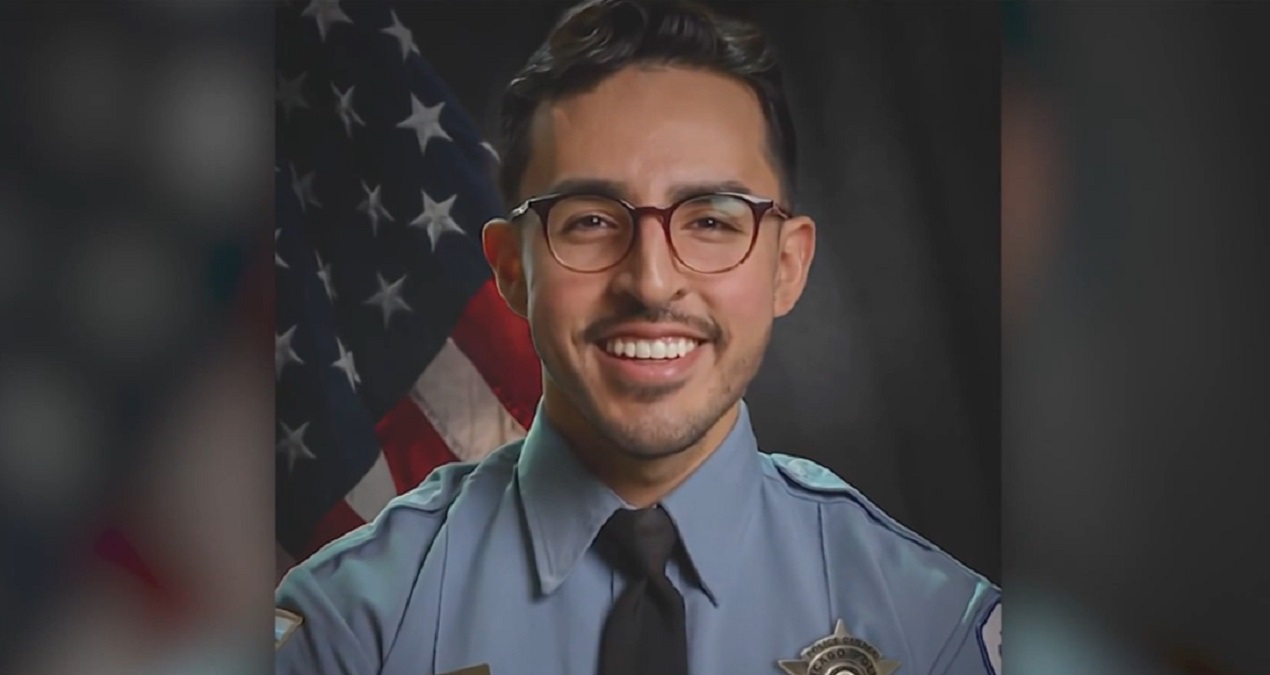A new "double mutation" variant of the coronavirus that was discovered in California and is believed to be the first of its kind in the United States could already be in Illinois, Cook County health officials said Wednesday.
"Is it circulating here? Probably," Dr. Rachel Rubin, co-lead of the Cook County Department of Public Health, said during a new conference about rising coronavirus metrics, calling news of the new variant "worrisome."
"It might be here, but we don't know yet," she added. "I mean we're just beginning to expand- the state and CDC are beginning to expand, they're testing for variants, and so we'll know soon whether we have it circulating in Illinois."
Rubin said an official determination could arrive "in the coming days."
Feeling out of the loop? We'll catch you up on the Chicago news you need to know. Sign up for the weekly Chicago Catch-Up newsletter here.
The double mutation is believed to be responsible for a recent surge in cases in India.
Stanford Health experts confirmed the new double mutation of the coronavirus in at least one case in California's Bay Area and suspect there are more.
It is still unclear if this new variant is more dangerous, although it is believed to be more easily transmitted than others.
Local
"With this double variant, it could very well be that there might be what we're calling more 'breakthrough cases,' which means individuals that have been vaccinated to do get positive, but we don't have enough information about this double variant to know about what level of protection the vaccine provides with respect to preventing serious illness," Rubin said. "And we should get that information, you know, eventually."
The three vaccines are said to still be effective against the India variant.
“Most people will mount an immune response. Maybe it will not protect against an all-out infection but at least it will protect against moderate or severe disease,” said Dr. Dean Winslow with Stanford University.
Because the India variant is believed to be more transmissible, health experts are reinforcing how essential it is to get vaccinated.
"What this really just emphasizes is how important it is for the entire U.S. population to get immunized as soon as possible," Winslow said.
Right now, Santa Clara County said the CDC doesn’t consider this new variant a "variant of interest."
Meanwhile, Illinois and Chicago are reporting a rise in COVID metrics, with Chicago officials noting spread of the U.K. variant has been rising in the city, though other variants have also been discovered in the city and state.
Cook County health officials warned Wednesday that if the current trend of rising coronavirus metrics continues, the county "will not hesitate to tighten restrictions."
"We are considering tightening up the required mitigations again if the trend continues," Rubin said.
The update comes days after Rubin warned that the county could see some previous mitigations return amid what appeared to be the beginning of a third surge of the pandemic.
As of Wednesday, Cook County Health officials said seven suburban communities had seen a more than 200% increase in the last two weeks. Those communities included Glencoe, Northridge, Riverside, Robbins, Harvey Lynwood and Berkeley.
As of Saturday, both the city of Chicago and Cook County have each recently seen more than 600 new daily cases, Rubin said. Just a few weeks prior, Rubin said approximately 250 cases were reported each day.
The daily positivity rate in COVID testing has also increased, standing at 6.4% for the last few days as of Wednesday. The seven-day rolling average positivity rate is at 5%.
Officials in Chicago have also expressed concern over a “quantum leap” in coronavirus cases, saying that a failure to curtail those gains could cause some restrictions to be re-imposed after they were loosened earlier this year.
As is the case in Chicago, Rubin said cases are spiking in Cook County's younger population, particularly people in their 20s and 30s who are part of the age group that does not have widespread access to the vaccines yet.
"It's you know our 20s and 30-year-olds and somewhat 40-year-olds that are the ones that are our testing positive. Younger folks are also, as we know, the ones that are more likely to be out and about and maybe being a little bit less observant of the guidance, which means not wearing masks and congregating in big groups which we don't advise," Rubin said. "So, they are driving this pandemic right now, however it doesn't mean that other groupings other than our older seniors are not also seeing rises because younger people will transmit to their older family or friends."



